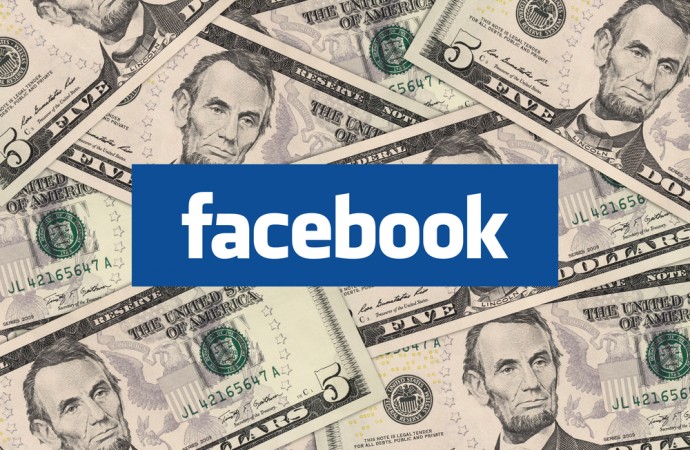On the first day at the Stock Exchange, the price of Amazon stock opened 63 percent above the target price making the company richer by $54 million at the end of trading. This occurred because the investors’ confidence in Amazon was high, as Jeff Bezos had already proved that the company had real profit and its business model was competitive.
The situation would be different if Bezos had preferred to leave the company under control rather than to take Amazon public. It sounds unbelievable but in such case, in 2000, Amazon would have lost access to its capital or even gone bankrupt when the NASDAQ stock market collapsed.
Previously, every startup wanted to go public one day, but then the Silicon Valley companies reversed this course preferring to take late-stage private financing. Dozens of companies tried to postpone an Initial Public Offering (IPO) for as long as possible, remaining private and in control. However, some experts are sure this is not favorable for most companies, especially for their employees and entrepreneurs.

Reasons to stay private
The main reasons why electronic companies prefer remaining public are protection from investors thorough checks and keeping the business under control. They consider reporting requirements and compliance with public company standards extremely troublesome for a small business. It is easier for big companies, which may hire a group of accountants and lawyers, than for young enterprises, which are still allowed more variability.
One day each venture capital company has to choose between selling the business or putting it on track for an IPO, as this is the only method to ensure a liquid exit for both employees and investors. However, there are still many chief executives of private companies who do not enjoy running a public company and depending on quarterly revenue and stock prices which change continuously. There are also hidden dangers of private funding, as doubts may be cast on the reliability of information disclosed by the company.
Among other assumed disadvantages of going public is the idea that a company may be limited to follow its long-term vision. But the example of Facebook demolishes this argument completely. The shares fell insignificantly when Facebook went public in 2012. However, lately, the company shares have sprang up in value and are still increasing. This allowed Mark Zuckerberg to launch Internet.org, an international initiative, and bring the Internet services to the most difficult-to-reach areas of the world. Besides, Facebook has become content media, has made successful purchases and is now dominating in mobile and breakthrough analytics. You can see that the company did not compromise its long-term strategy due to going public, but it got a great chance to develop and innovate.

Dangers of unicorn culture
The decline of new public companies is caused by the JOBS Act passed in 2012. It increased the number of possible investors and excluded company workers from the requirement to make their financial information public. Besides, various non-traditional investors who can establish hedge funds and mutual funds keep appearing on the market.
The possibility not to disclose company financials and the free flow of mutual and hedge fund money leads to the negative consequences of the so-called “unicorn culture.” It is a culture where entrepreneurs dedicate more energy and resources to gathering large amounts of private capital instead of building a fundamental business. While new investors are willing to take part in perspective startups and write big checks, they also expect to get very favorable conditions for themselves.
However, these late-stage financing opportunities seem more like mortgages than share investments. It is quite beneficial to issue additional shares and to attract new investors when the market is growing. But when the economic recession comes, this may cause massive employee dismissal or even company shutdown.
There is a lasting dispute in the electronic world about the existence of a tech bubble that may burst one day. The today’s market situation shows that private companies leave public market valuations behind. Nevertheless, despite the risk of failure, going public brings more benefits to a company. Having liquid currency, a company can make acquisitions that are beneficial for its development and follow its strategy more unselfishly.
























